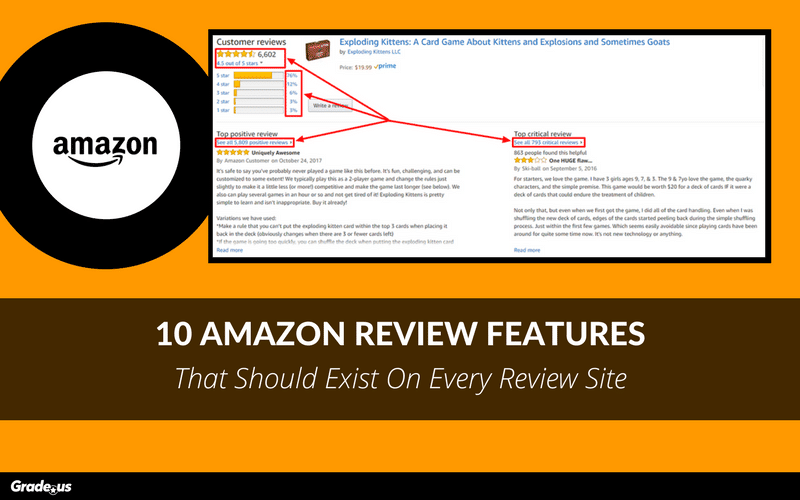
10 Amazon Review Features That Should Exist On Every Review Site




Clients are confused.
They’re not really sure where they should focus their attention. Should they focus on local business listings, reviews or leads? What about content, social media and call tracking – how much attention do they dedicate to those channels and tactics?
Local clients want the most bang for their buck, but most of the time, they don’t have a plan. They definitely don’t know which local marketing tactics will produce the results they want.
The worst part?
What works for one local business, may not work well for another.
Experts recommend a variety of different tactics.
“Focus on your local listings. No, no, no, you should be investing in Facebook Ads. If you’re focused on content marketing and SEO you’ll have lots of free traffic.”
The suggestions are typically very broad, incredibly vague and focused on the wrong things. Nine times out of 10, the advice from these “experts” misses the mark. This leads to a tangent of unfocused ideas that suck up a client’s time and budget, but fails to produce results.
Why?
Your clients are listening to the wrong people.
There’s a problem here.
What is bad advice? Where does bad advice come from?
A better question would be to ask where great advice comes from. The answer is simple and obvious. It comes from your client’s customers.
Does this mean their customers are experts?
No.
It means you’re able to listen to what your client’s customers say and you’re able to watch what they do. This is how you determine what matters most for your local marketing campaigns.
That doesn’t sound right, does it?
How are your client’s customers the best source for information? They’re typically the least knowledgeable group you can draw data from. Why would asking them for advice work?
They don’t have to be experts on your industry, business, product or service. They just need to know (a.) what they want and (b.) how they buy.
There’s a lot packed into that simple statement, what does that mean exactly?
It means you know your target audience / ideal customer. These are the customers who are both willing and able to buy. These are the people your clients want to turn into long-term customers. Your job as an agency or consultant is to learn everything you can about their customers.
This means you know…
1. The demographics and psychographics of their target audience.
2. Where to find customers that match the demographics and psychographics above.
3. Know the books they read, shows they watch, brands they buy/follow, etc.
4. Their fears – in the form of frustrations, problems, and objections.
5. Their buying process – what they want, what they look for, where they go to find answers, etc.
6. The authority figures they trust, follow or listen to.
Do these details matter all that much from a client standpoint?
Any experienced agency professional or consultant will tell you they understand the importance of these details. Here’s the surprising part about these details.
Most small businesses (and many medium-sized businesses) don’t have this data.
Most of the time, clients believe they already know the answers to these questions. Often times your clients are able to rattle off comprehensive details about their customers.
But, are they right?
The bad news about their data? It falls apart under close scrutiny. Their customer personas are often based on imaginary or non-existent data, they don’t have answers for their customer fears, and their buying process isn’t in line with what customers actually do.
That’s a pretty bold statement to make. The bad news is that it’s true.
How do we know?
Research from CB Insights, found that most startups / small businesses failed because of “the lack of a market need for their product.” This is the number one reason, cited by 42 percent of the startups in their study, for business failure.